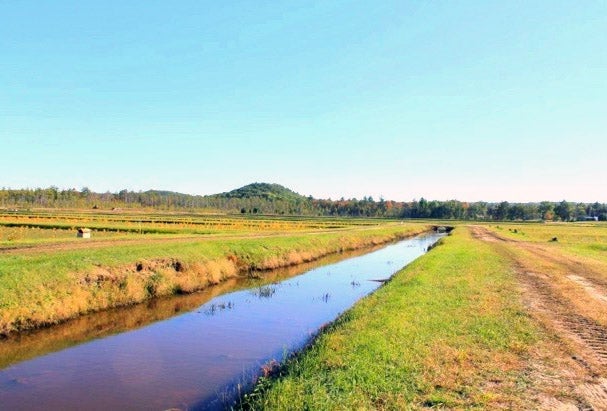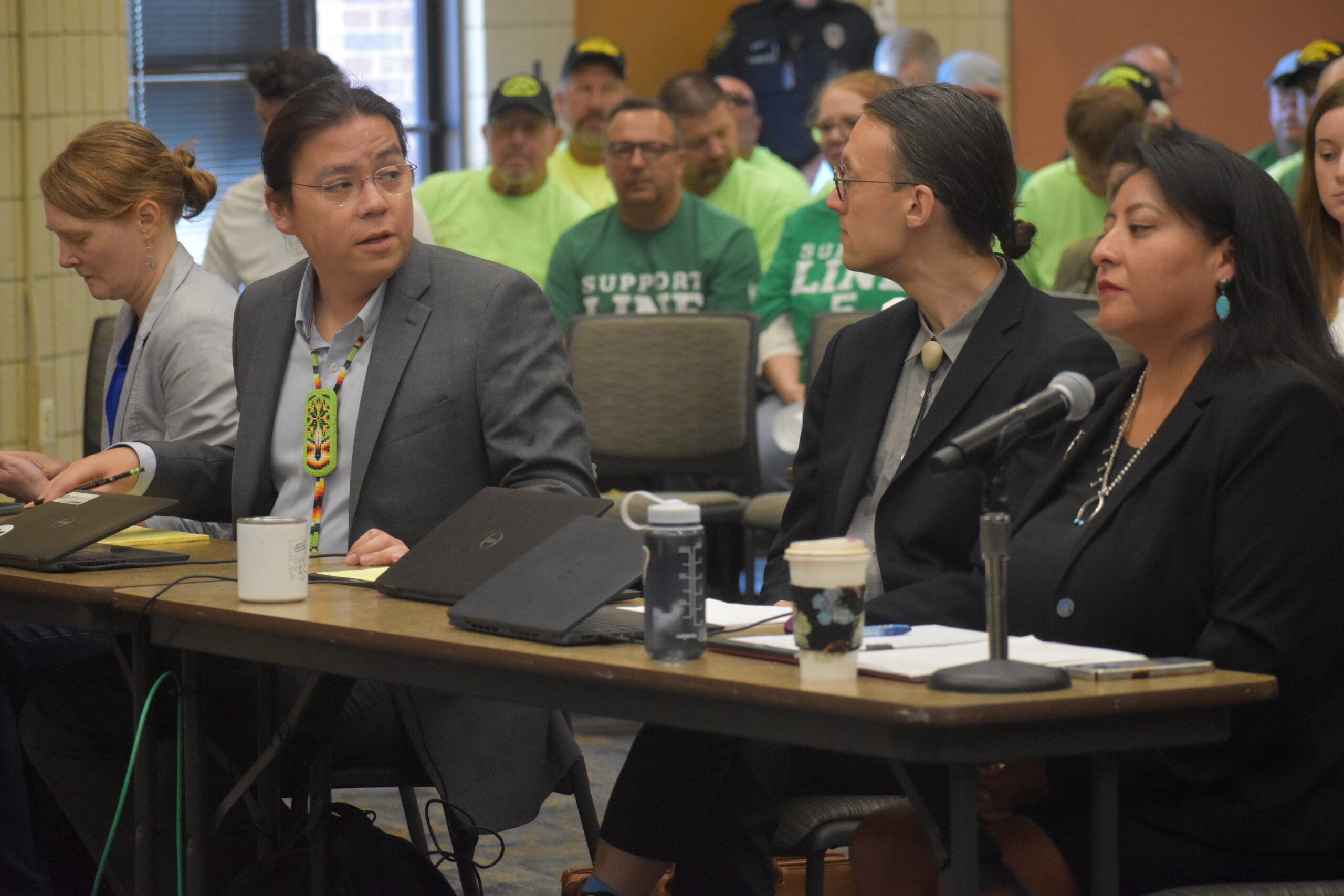A judge says the state Department of Natural Resources improperly granted Meteor Timber, a Georgia-based company, permits to destroy western Wisconsin wetlands to make way for a sand processing plant.
Administrative Law Judge Eric Defort ruled Friday that the DNR improperly granted the permits because the agency lacked enough information to determine the environmental impact, Meteor’s mitigation plan wasn’t adequate and the project would cause significant adverse impacts.
But Chris Mathis, a project manager for Meteor Timber, says the firm disagrees with the judge’s decision to invalidate the company’s wetland permits.
News with a little more humanity
WPR’s “Wisconsin Today” newsletter keeps you connected to the state you love without feeling overwhelmed. No paywall. No agenda. No corporate filter.
“While we respect the decision handed down by Administrative Law Judge Defort today, we at Meteor Timber disagree and do believe that the economic and environmental benefits of this project merit further discussion and thought,” Mathis wrote in an email to WPR. “We understand that this process is a lengthy one, with much deliberation, and we will continue to work toward ensuring that this project can benefit the local communities that will be impacted.”
Meteor Timber wants to build a $70 million plant to process industrial sand in Monroe County. The plans call for destroying 16 acres of wetlands. The DNR awarded the company permits last year, drawing a challenge from Clean Wisconsin and the Ho-Chunk Nation.
In response to the judge’s decision, Evan Feinauer, staff attorney for Clean Wisconsin, said: “It’s really important that everybody in the state knows that the process is going to be followed through correctly by the department and that every T will be crossed and every I dotted and that all of the information that’s needed to make a good decision is collected.”
Feinauer added that it’s necessary for the DNR to have all of the information that is needed to identify the environmental impacts of major development projects.
“These aren’t the questions that we think they should be asking, these are the questions that are contained in the regulations and the departments own guidance,” he told WPR.
In an email response from DNR spokesman Jim Dick, said that while the agency didn’t have any comments, they are reviewing the decision and determining what their next steps might be.
Editor’s Note: This story was updated at 4 p.m. Friday, May 4, with original reporting from WPR staff.
Wisconsin Public Radio, © Copyright 2025, Board of Regents of the University of Wisconsin System and Wisconsin Educational Communications Board.





